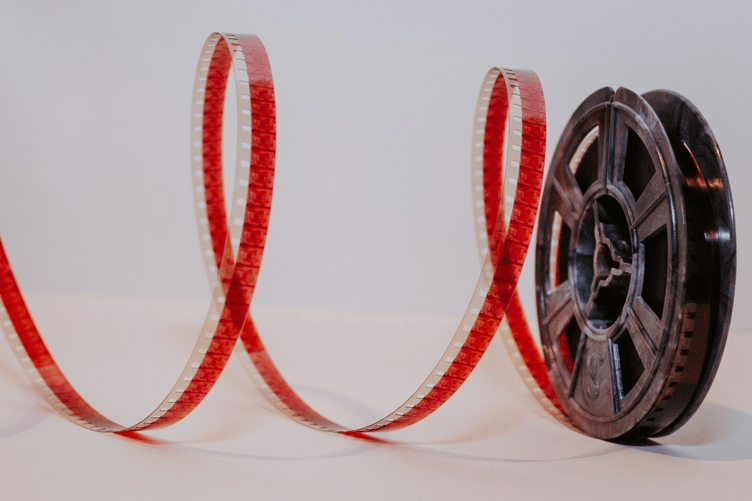Jamie Skinner reviews Justine Triet's 'Anatomy Of A Fall' for this week's Film of the Week column. After her husband (Samuel Theis) falls to his death novelist Sandra (Sandra Hüller) finds herself put on trial for his murder with the evidence gradually stacking against her.
Cert - 15, Run-time - 2 hours 32 minutes
A dummy human crashes onto the shed roof, tied to a rope, pushed from the top floor of a snow-surrounded chalet. The moment, shown from a very distant long-shot, is one of shock for the audience as the rapid nature with which Samuel Maleski (Samuel Theis) may have died is shown. For his wife Sandra (Sandra Hüller), the shock possibly comes from seeing a team of researchers and coroners outside of her home, trying to find holes in how her husband died. Was it a simple fall, or was he attacked then pushed?
Hüller’s performance is full of potential suspicion. As the trial nears the evidence mounts up against her, blood splatters on a wall and a wound on the side of Samuel’s head signifying he may have been hit before falling. It all adds to the back-and-forth which occurs even before we enter the courtroom, as prosecutors scour her home and stage re-enactments to contrast the memories of her and her son, Daniel (Milo Machado Graner).
When things switch after the first hour to focus on the courtroom the sways to and from the central figure being guilty continue. The details of different perspectives and theories provide plenty to invest in with the film successfully never providing answers. Instead, it asks further questions about the validity of some testimonies. At one point when told that to solve his uncertainty he must choose one side to agree with Daniel asks “so I have to invent my belief?”
As things progress and truths about the couple’s tense relationship are revealed Daniel becomes an even more pivotal character. His interactions with lawyers, court officials and his own mother lead him to question what he knows about the events leading up to his father’s death. Is he an unreliable witness? Is his confusion down to trauma?
Co-writers Justine Triet (also director) and Arthur Harari form an interesting circle of events which, even as things begin to feel overlong - perhaps why the final stages feel somewhat brushed away - remain consistently interesting. Moral complications, professional analysis and simple debates all come into play to question whether Sandra is guilty of pushing her husband or not. After all, it all seems like something from one of her books, which in hindsight don’t pain her in a good light either.
Again, while overall things feel as if they could be cut down quite a bit, for much of the proceedings the strong flow allows for the developments, and the audience’s engagement, to be maximised. This especially being the case in the first half where Sandra’s private life is first poked into and opened up with people searching her home, trying to find holes in the convenience of a fall. It’s the spark of fascination, further propelled by an excellent central performance from Hüller each step of the way.
Jamie Skinner, four stars ****



Comments
This article has no comments yet. Be the first to leave a comment.